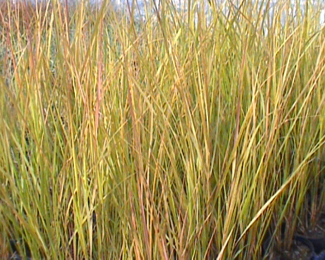Weed resistance to glyphosate in genetically modified (GM) soybean cultivation in Argentina

The article written by Rosa Binimelis, Walter Pengue and Iliana Monterroso, is the product of collaborative work among the Autonomous University of Barcelona, University of Buenos Aires and the Latin American Faculty of Social Sciences in Guatemala. The article describes the geographical advance of the invasion beyond the Pampas, it reviews the environmental history of the invasion process to discuss the major drivers and pressures in the context of the changes of the agriculture of Argentina in the last twenty years. It discusses how the process of agricultural modernization in Argentina has resulted in the intensification of crops via sophisticated technological packages including an increase use of inputs and the adoption of GMOs.
In 2007, the historical records for soybean yield and price in Argentina were reached, to some extent due to the sharply escalating biofuels demand. Nevertheless, if more genetic-resistant weeds appear, the benefits derived from the model could be lost. Results highlight the socio-economic impacts and responses associated with invasive species affecting agro-biodiversity. They indicate that no preventive strategies are deployed against the invasion of johnsongrass. Instead, the reactive measures are based on “gene-stacking” that allows the use of still more glyphosate or new combinations of herbicides, thus combining the pesticide treadmill with a novel “transgenic treadmill”.
The article also evidences the need to further analyze how policies in other regions affect the management of a biodiversity issue, for instance the EU Directive 2003/30/EC (8 May 2003) on the promotion of the use of biofuels for transport. Therefore, this study has policy relevance also for the European Union. The EU is a large importer of soybeans from Argentina. European awareness of the local impacts of imported soybeans (as feedstuffs and/or agro-fuels) should not focus only on deforestation. It should take the findings of this study into account. This article was written as part of the research conducted at ICTA-UAB and FLACSO-Guatemala for the European project ALARM (2004-2009), on risks to biodiversity.
Available online since April 28, 2009; http://dx.doi.org/10.1016/j.geoforum.2009.03.009
References
Binimelis, R., et al. "Transgenic treadmill": Responses to the emergence and spread of glyphosate-resistant johnsongrass in Argentina. Geoforum (2009), doi:10.1016/j.geoforum.2009.03.009

